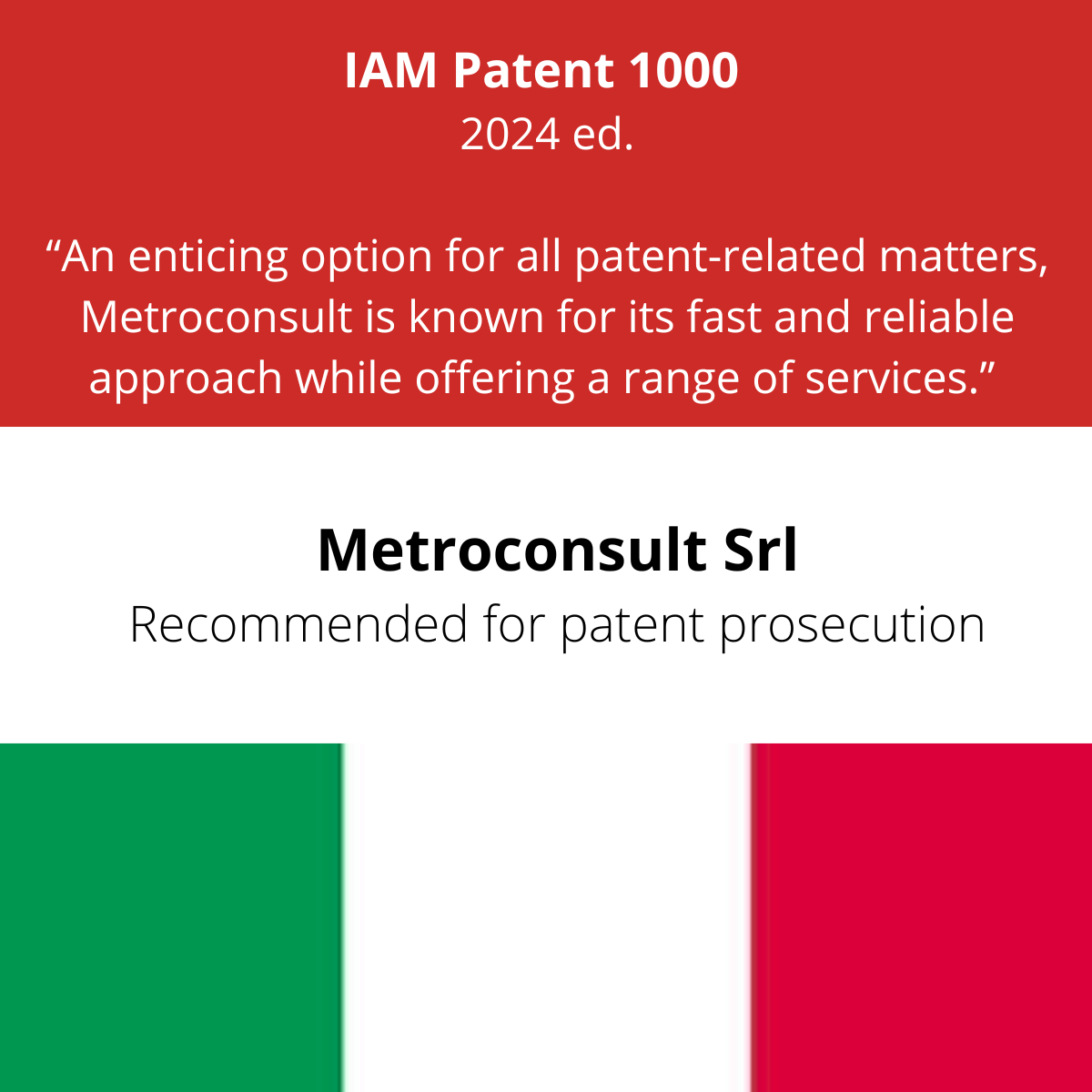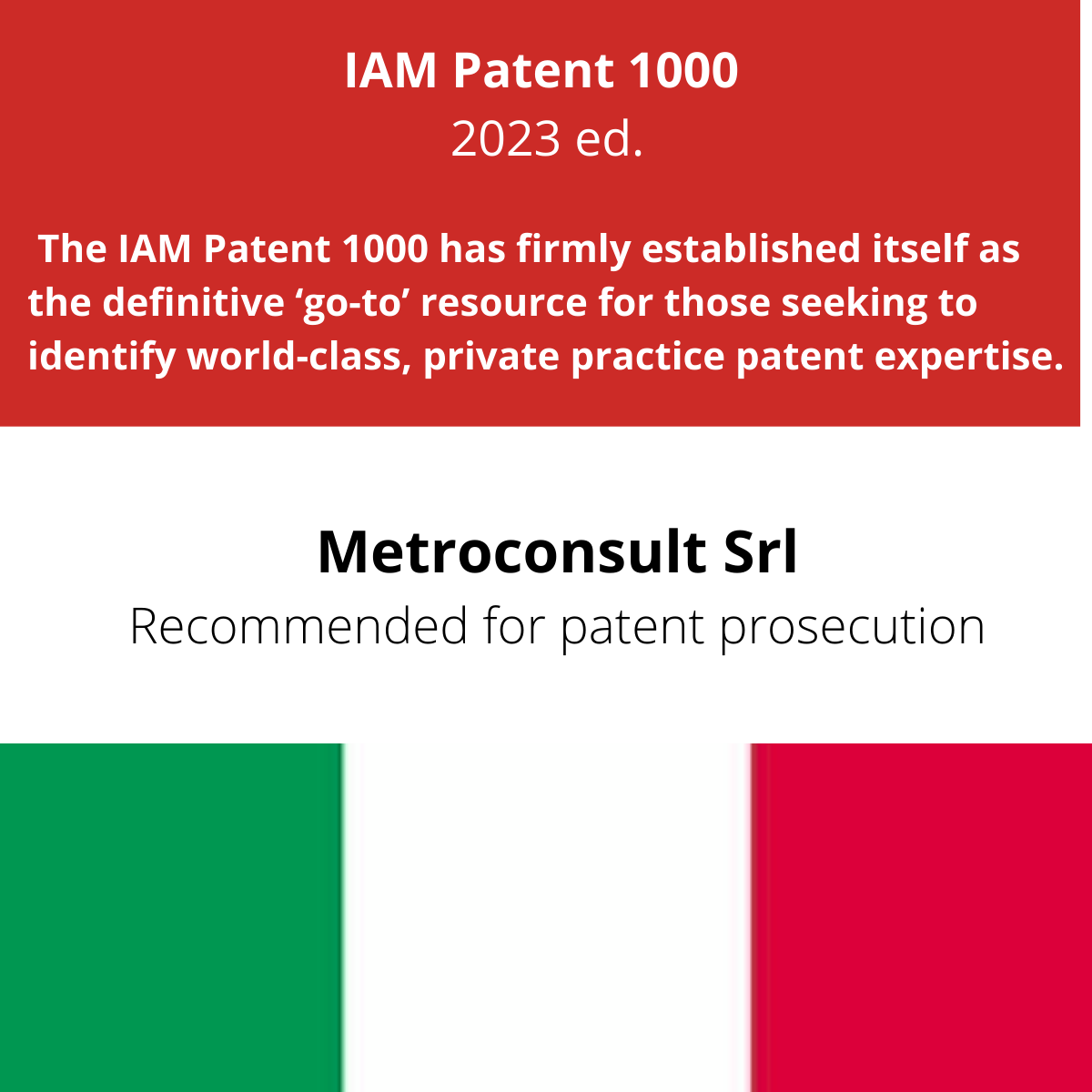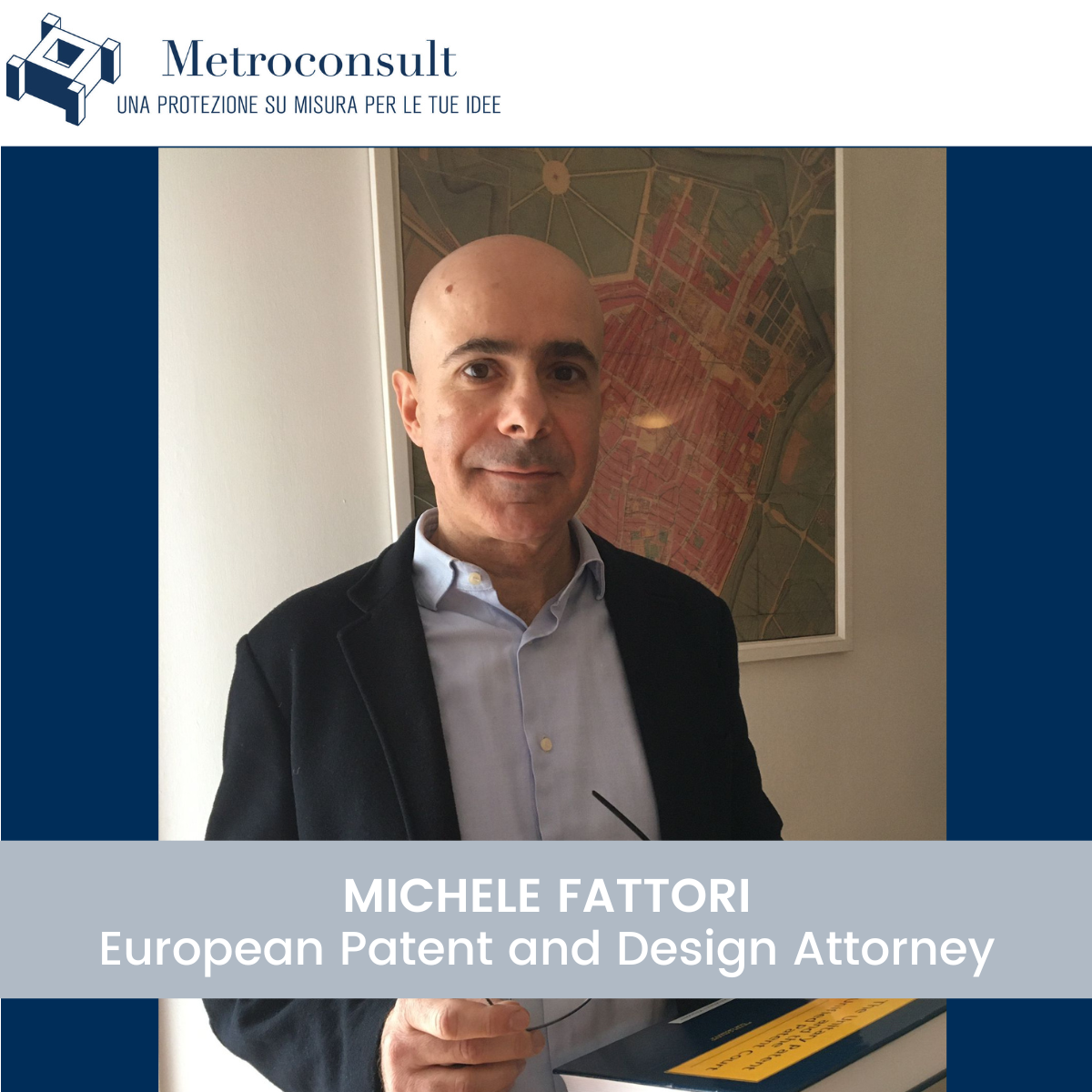Download the article
On May 5, 2020, the German Federal Supreme Court (BGH – Bundesgerichtshof) delivered its ruling on the case between Sisvel, a company that manages patent pools of SEPs relating to ICT technologies, and Haier, a Chinese manufacturer of consumer electronics products.
The BGH published the reasons for its decision at the beginning of July. It confirmed that Haier’s devices infringed the patent in suit and it also provided some important guidelines on technology licensing negotiations of Standard Essential Patents (SEPs). In particular, the BGH has:
- recognized the existence of hold-out tactics which are widely adopted by implementers;
- required a concrete level of engagement in negotiations for an implementer to be considered “willing” to take a license;
- confirmed that injunctions against unwilling licensees are fully available to SEP owners;
- recognized that FRAND commitment does not imply that everyone must have the same offer and licensing agreements may vary due to specific market circumstances;
- confirmed that patent portfolio licenses and worldwide coverage have positive effects;
- highlighted that damages should not be limited to FRAND rates.
Background Information
The case is related to patent EP 852 885 filed by Nokia in 1995 (which expired during the appeal proceedings ) and sold to Sisvel in 2012.
The patent was declared essential to ETSI’s standard and Sisvel agreed on a FRAND commitment.
2012 Sisvel approached Haier and offered a global portfolio license, but the parties were unable to agree on the licensing terms.
2014 Sisvel sued Haier before the District Court of Düsseldorf.
2015 Haier filed a nullity action against Sisvel before the Federal Patent Court in Munich. Sisvel won at first instance in Düsseldorf; the patent was found valid and infringed and Haier had delayed the negotiations. Haier lodged an appeal.
2017 In the appeal infringement judgment, the Higher Regional Court of Düsseldorf confirmed that the patent was valid and infringed, but did not grant the injunction since it considered Sisvel’s licensing offer non compliant with the non-discrimination aspects of FRAND licensing. Later that year, the German Patent Court upheld the patent in an amended form.
2020 In March the Federal Supreme Court (BGH) confirmed the decision of the Patent Court and the patent was finally confirmed. In May the Federal Supreme Court rendered its final infringement decision as described below.
The BGH decision in Sisvel vs Haier case
In recent years, the concept of “willing licensee” has played a central role in SEP disputes: what level of engagement in the negotiations is required for an implementer to be considered “willing”?
By recognizing the existence of hold-out strategies which are widely adopted by many implementers to delay the negotiation process, the BGH has set a higher threshold than in the past.
In fact, the BGH underlined that an implementer must be actively engaged in the licensing negotiation process with a clear and unconditional intention of concluding a license. A certain level of active engagement is required. Just claiming to be willing isn’t sufficient. As stated by Mr. Justice Birss in Unwired Planet vs Huawei “a willing licensee is one who is willing to accept a license on FRAND terms, whatever FRAND may be”.
The BGH also pointed out that the implementer has the right to challenge the alleged infringement and the validity of the patent, but implementers should not insist on first obtaining a positive court judgment as a condition for concluding a license.
Following the decision of the Court of Justice in the EU (CJEU) in the Huawei vs ZTE case, the BGH confirmed that the SEP owner must notify the implementer of the alleged infringement and the necessity to take a license. However, it criticized the common practice of asking for additional technical information as a delaying tactic, in particular, in the context of SEPs, where both patents and standards are public documents.
To notify the infringement, the patent owner must only inform the implementer about the patent(s), the standard(s), and the infringing conduct. It is sufficient if this notification has been sent to the implementer’s parent company. The implementer is required to respond in a timely manner and without making excessive requests for additional technical information. It is usually sufficient for the SEP holder to explain the infringement by providing claim charts, but this isn’t absolutely necessary. Implementors who insist on having claim charts for the entire patent portfolio can be considered unwilling to take a license. The implementer may request technical details, but only within a reasonable period of time, and not for information that the implementor can easily obtain without the patent owner.
According to the BGH, the implementer should carry out its own assessment of the alleged infringing patent. If in-house technical expertise isn’t available, the implementer should then seek external professional support.
The BGH recognized that portfolio licensing offers have positive effects and should not raise any antitrust concerns, provided that the implementer is not required to pay for the use of non-essential patents. The BGH also highlighted that it was common industry practice and more efficient to have a global portfolio license. The patent owner is not required to license a subset of SEPs; rather, the offer of the whole portfolio should be considered in the best interest of implementers to allow easy and efficient access to a larger SEP portfolio in a single solution.
Another important decision set by the BGH is that the FRAND commitment does not mean that everyone receives the same standard offer.
The aim of the FRAND commitment requested by Standard Setting Organizations (SSOs) serves to guarantee that all implementers can access a given standardized technology, provided that they accept to pay for a license on Fair Reasonable and Non-Discriminatory (FRAND) terms. However, the Court recognized that patent licensing sits firmly in market and business realities, and non-discrimination should not be considered hard-edged.
Patent owners are not obliged to offer the same standard rate to all implementers. A license that a patent owner has concluded in certain circumstances, doesn’t necessarily become a reference for future cases. In fact, a patent owner may accept conditions that may be less favorable than normal, but which are still the best that can be obtained in those specific conditions. This does not entitle subsequent licensees to the same royalty rate. For example, Sisvel offered Haier a higher royalty fee compared to the one it previously offered to another licensee, a state-owned Chinese telephone manufacturer.
The BGH also confirmed that injunctions against unwilling licensees are fully available to patent owners. An injunction is the only remedy to stop unauthorized use of SEPs and can only be considered abusive if the implementer is ready to conclude a license under FRAND terms.
Finally, the BGH declared that SEP owners are entitled to claim full damages for the period before the implementer started pro-actively seeking a license for the patent, it unavoidably makes use of; full damages should not be limited to a FRAND rate, but can be based, for example, on lost profits or the implementer’s profits.
Conclusion
In recent years, national court rulings have been framed by the Huawei vs ZTE decision issued by the Court of Justice of the EU (CJEU) in 2015. The CJEU set out the steps that both SEP owners and implementers must follow when negotiating a FRAND license. Even if the CJEU clearly established that a FRAND negotiation is a “two-way street”, several courts have mainly focused on the obligations relating to the patent owners.
With its recent decision, the German Federal Court of Justice has acknowledged the existence of hold-out strategies and clarified that implementers must also play a more active role in obtaining a license, accepting a FRAND offer, even if a lower royalty rate has been offered to a competitor in different circumstances.
The decision of the BGH offers some important guidelines on technology licensing of Standard Essential Patents (SEPs), providing more legal certainty in the FRAND negotiation process: a win-win solution for both patent owners and implementers to create a level playing field in the licensing ecosystem.
Matteo Baroni
European and Italian Patent Attorney







